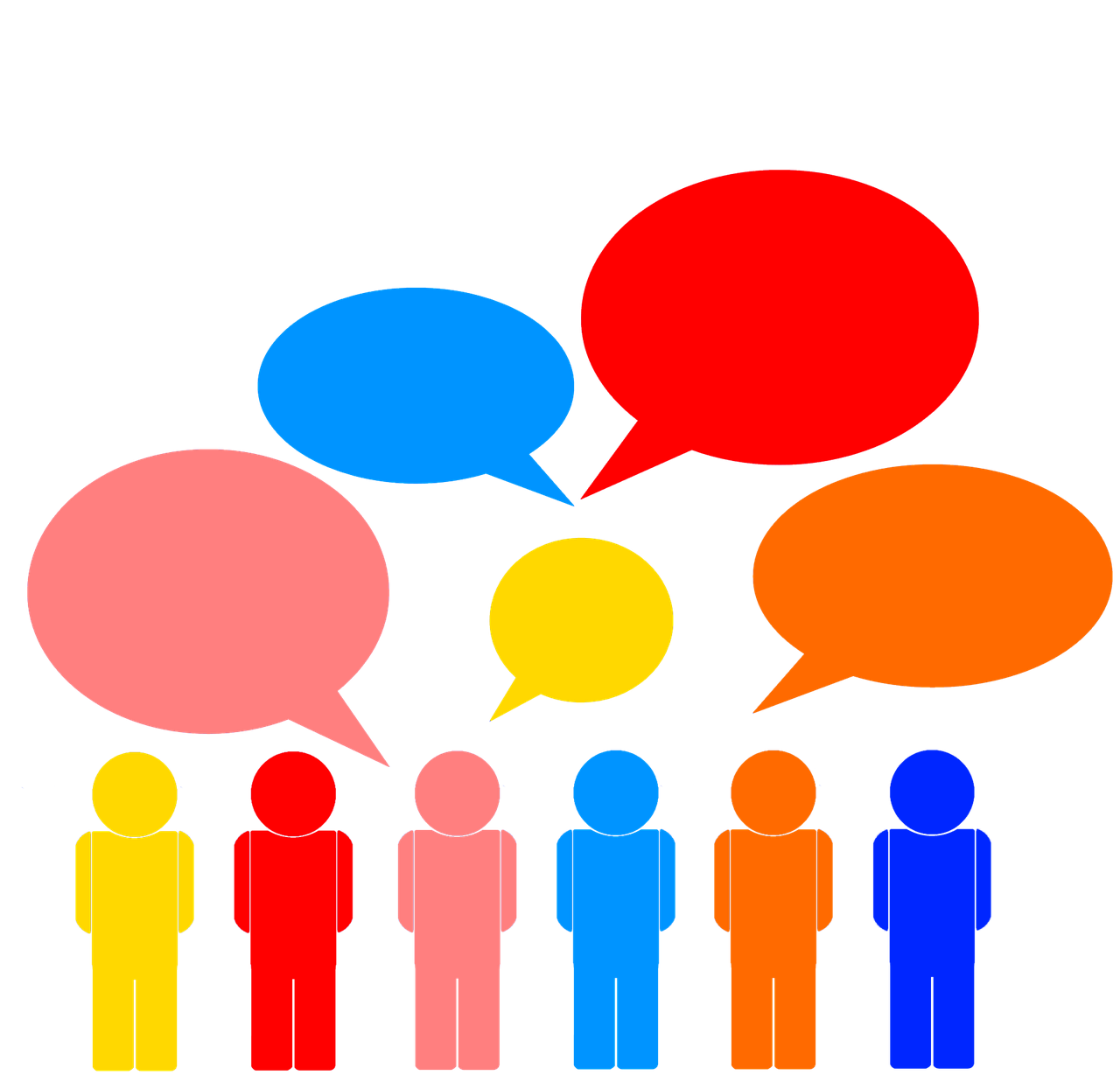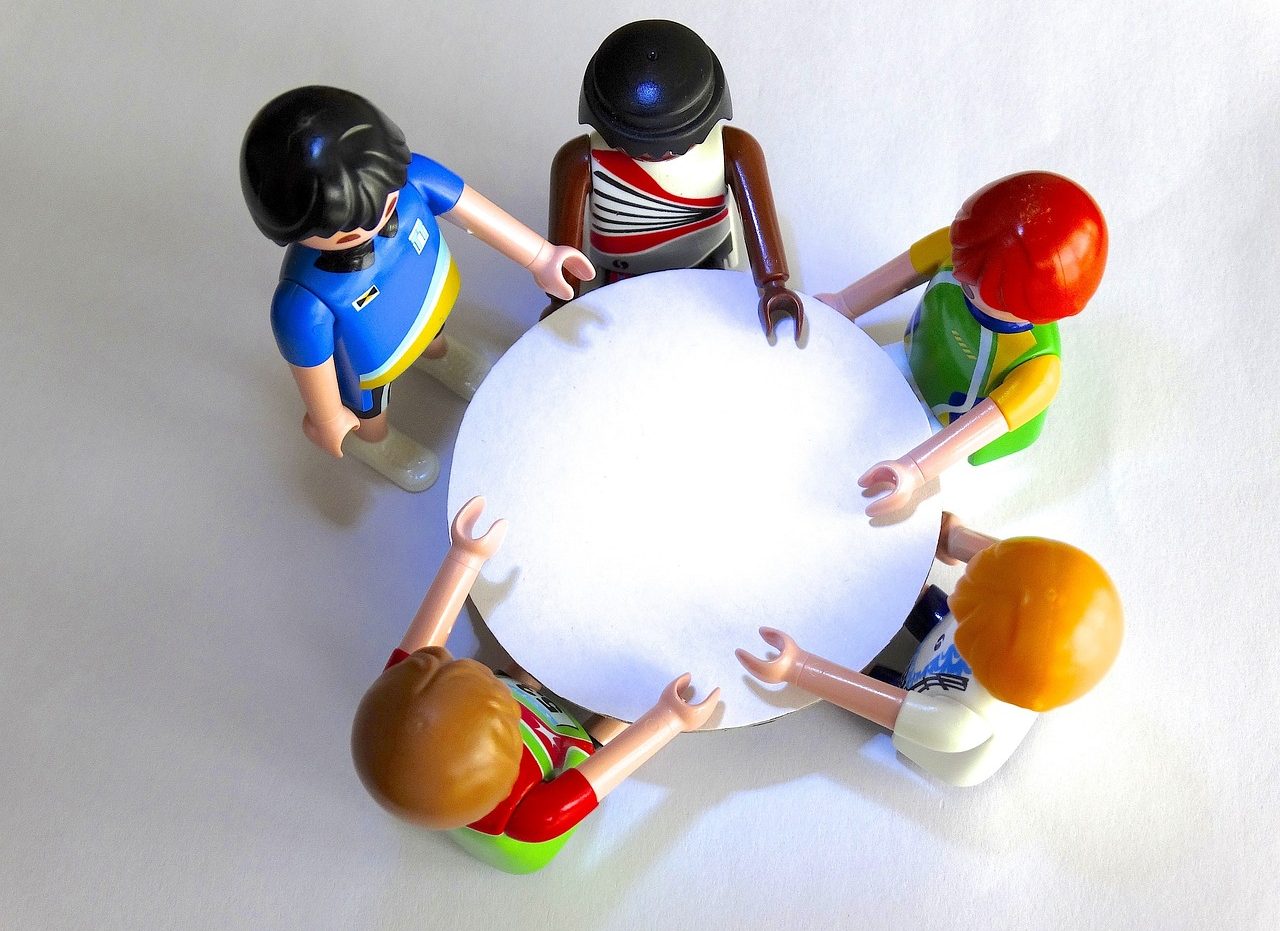
Social dialogue contemplates various modes of community participation.
Social dialogue is a negotiation or discussion carried out by representatives of different social sectors with the aim of reaching an agreement on economic policies. It is about the exchange established by government authorities, businessmen and workers on issues of common interest.
Social dialogue can be understood as a horizontal space for public consultation where the State and various organizations that are part of civil society address different problems and try to reach consensus to find solutions to them. Since the government, business associations and unions are usually involved, it is often referred to as tripartite dialogue .
Its characteristics
A dialogue is a talk, a debate or an interlocution. Social , meanwhile, is an adjective that refers to that linked to society (a group of individuals who live according to common rules). Social dialogue, therefore, is an interaction that occurs between members of a community.
Tripartite dialogue is also known as social consultation . When communication is established between employers and workers, it is a bipartite dialogue that can be called collective bargaining . In both cases, a link is established between different social actors that, through deliberation and cooperation in these meeting spaces, aims at the design and coordination of policies that take into account the needs and interests of all parties.
Social dialogue is based on the precept that the State, in certain circumstances, has to act as a simple social actor, leaving aside its power of dominance and its superior position. A pact is thus instituted that seeks to build consensus .
In this scenario, social dialogue implies a participatory decision-making process . All participants share their perspectives, provide information and question each other within the framework of the negotiations.

Various working commissions can be established within the framework of social dialogue.
Importance of social dialogue
Social dialogue enables citizen participation in the definition of public policies and in the resolution of conflicts. This intervention usually occurs through representatives who, thanks to negotiations, can sign sectoral agreements and other agreements.
Typically, social dialogue is facilitated by the State, although the concept, in its broadest sense, refers to all communication and debate processes carried out by various actors in society . Round tables, discussion forums, popular assemblies and conferences can foster social dialogue.
One of the main benefits of social dialogue is that it contributes to social cohesion . It functions as a mediation instance and serves to reach agreements.
If we think about tripartite dialogue, it emerges as an instrument to protect labor rights . However, all dialogue platforms are favorable for obtaining positive results at the community level or, at least, for the majority of the population.

Social dialogue favors the exchange of knowledge and social integration.
The stages
It is common for social dialogue to be carried out in a series of successive stages. The cycle begins with the consultations and negotiations that a certain situation warrants.
Agreements arise from these exchanges, which are materialized through the signing of binding agreements . Then comes the phase of control and evaluation of what was agreed.
After this step, the cycle of social dialogue restarts as other needs arise. It is usually highlighted that, although the representatives change, the social actors are always the same. This contributes to the design of long-term proposals and the maintenance of the agreed conditions.
Examples of social dialogue
We can find numerous examples of social dialogue throughout history. Among the best known are the Moncloa Pacts , which were signed in the Moncloa Palace (seat of the presidency of the Spanish government) in 1977 .
The origin of this social dialogue is linked to the transition to democracy in Spain after the Franco dictatorship . Within this framework, the government, the political parties that were represented in Parliament, the majority of the Workers' Commissions and the business associations agreed on various measures to strengthen democracy and mitigate inflation. As a result of these negotiations, two agreements were signed: one focused on the reform and sanitation of the economy and another that revolved around political activity and judicial proceedings. Both the Congress of Deputies and the Senate committed to promoting the development of what was agreed.
Some of the effects of the La Moncloa Pacts were the implementation of a tax reform to reduce the deficit, the elimination of restrictions that limited freedom of the press, and the decriminalization of adultery.
In other cases, social dialogue did not prosper. We can name the example of the so-called Roundtable Against Hunger , promoted by Argentine President Alberto Fernández in 2019 . It was a plan whose coordination was left in the hands of a council made up of companies, unions, social organizations, universities and religious groups. Even stars from the entertainment world were invited to participate.
The purpose of the Roundtable Against Hunger was to combat malnutrition: although some measures were implemented, the initiative ended up dissolving less than three years after its creation while poverty in that period (which included the outbreak of the COVID-19 pandemic) 19) did not stop growing, as did the value of the basic food basket.
